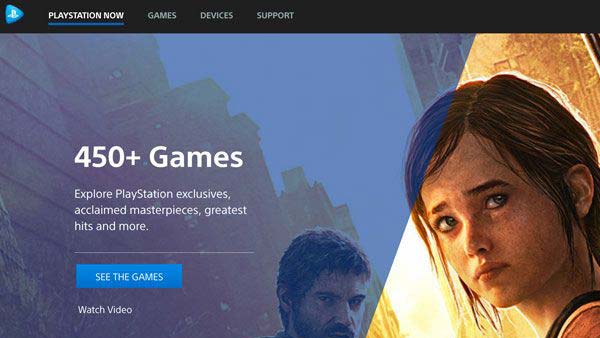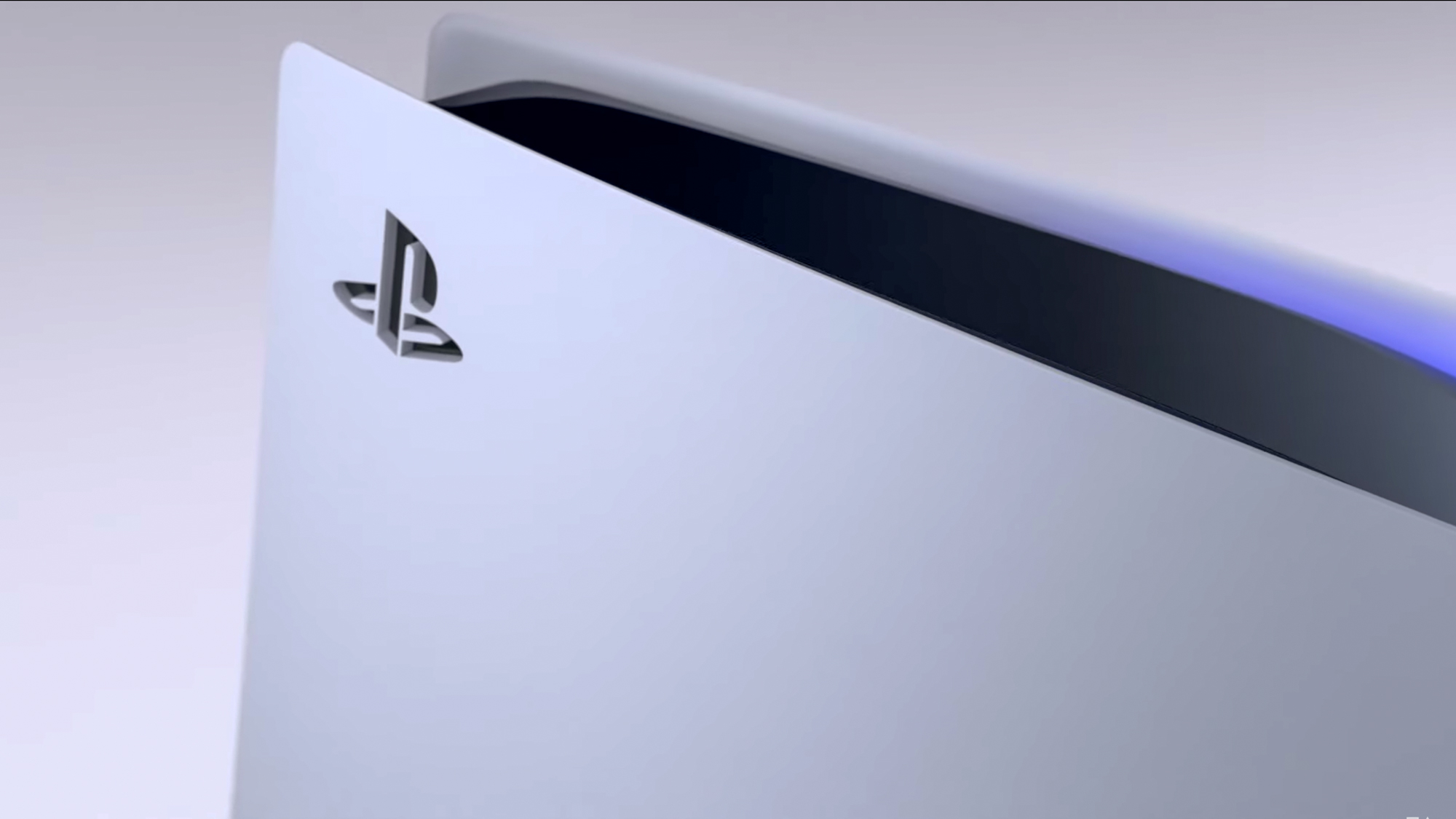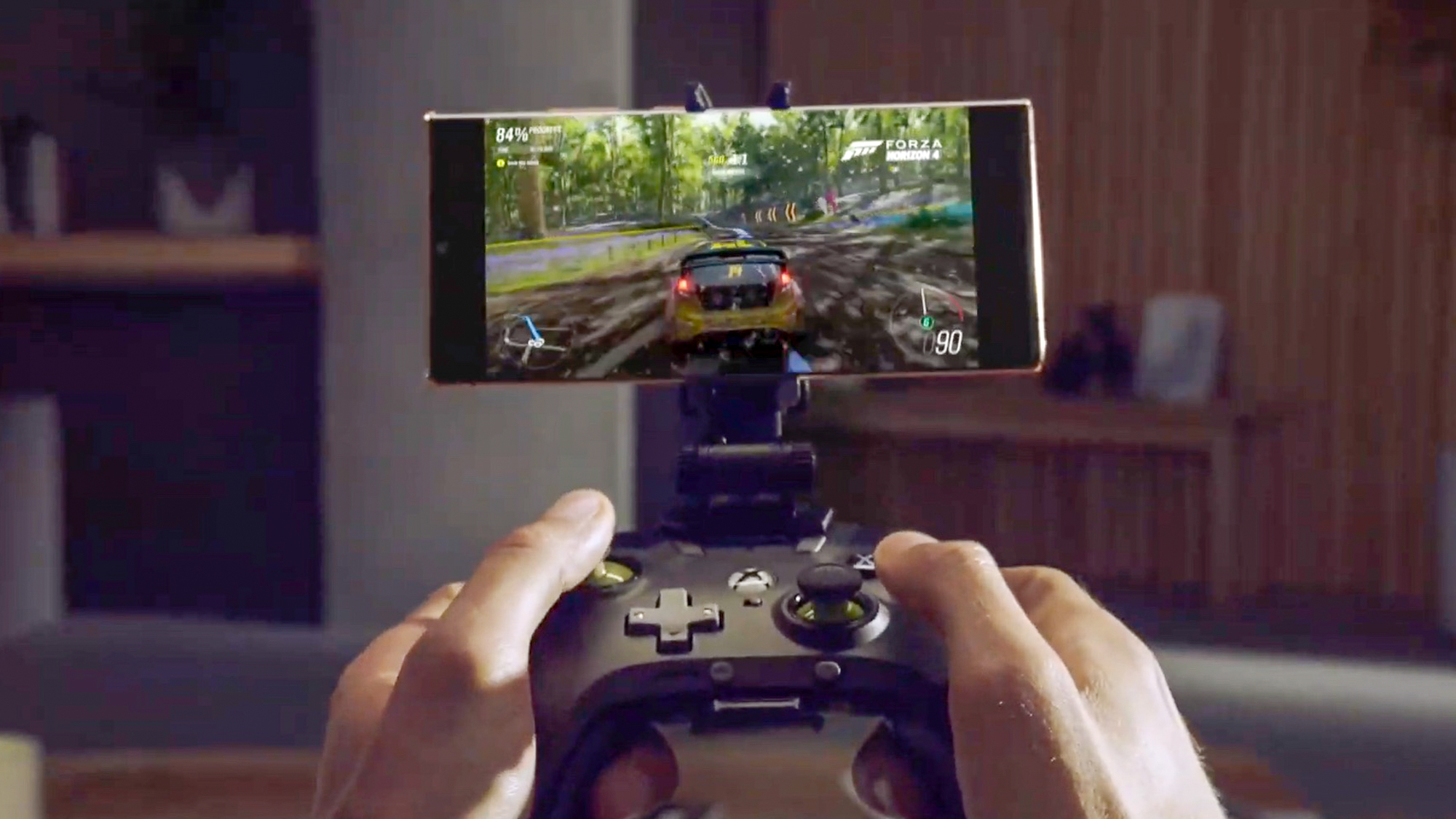How PlayStation Now for PS5 could rival Xbox Game Pass
PlayStation Now isn’t as good as Xbox Game Pass, but it could be
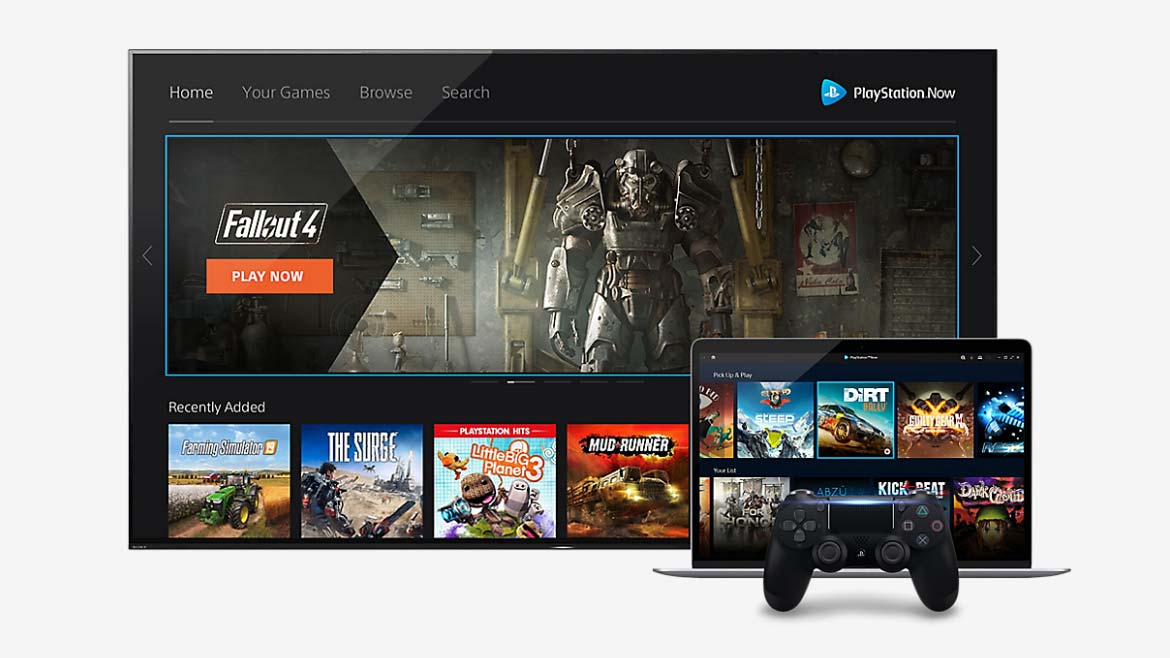
While the PS5 and the Xbox Series X consoles continue to dominate the gaming conversation, there’s more to these systems than just their hardware. Since buying games outright is apparently passé, both Sony and Microsoft offer subscription services that give you huge libraries for a manageable monthly fee: PlayStation Now and Xbox Game Pass, respectively. However, while Microsoft has put Xbox Game Pass front and center in promoting the Xbox Series X, Sony has been almost silent about how PlayStation Now could benefit the PS5.
Sony’s attitude is puzzling, given that PlayStation Now is a good service, and has the potential to be an even better one. However, while Xbox Game Pass offers fewer games, there’s a credible argument that it’s still the better service, offering newer games, wider availability and more consistent features. It’s also seen marked improvement over the past few months, whereas PlayStation Now has offered pretty much the same thing since its inception.
- PS5 vs Xbox Series X: Which one is for you?
- The big PS5 games to watch
- Plus: PS5 Showcase live stream: How to watch the big reveals this week
PlayStation Now could be a major selling point for the PS5, if only Sony would lean into the service’s huge library, excellent functionality and reasonable price. Here’s how the service could make meaningful improvements during the next console generation.
A streaming pioneer
In a way, PlayStation Now is the off-label origin of mass-market cloud gaming. When the PlayStation 4 first came out, fans were disappointed to learn that backwards compatibility would be essentially impossible. The PS3’s CPU had a radically different architecture than the PS4’s, so there was simply no way to run PS3 games on the system.
Sony’s proposed stopgap was something no other major gaming company had tried before: Streaming entire games over the Internet. Rather than having to change the PS4’s architecture, Sony realized it could satisfy consumer demand (and hopefully make money) by running PS3 games remotely, then streaming them directly onto players’ PS4s. The service, called PlayStation Now, launched back in 2014 with about 20 PS3 titles; now, there are more than 700 games, representing selections from the PS2, PS3 and PS4.
In other words, Sony intended PlayStation Now to address a backwards compatibility issue. Instead, the company accidentally spearheaded the launch of cloud gaming. Now, Google, Nvidia and Microsoft all have comparable services, although PlayStation Now still has them all beat when it comes to how many games you get for a flat subscription fee.
Where PlayStation Now falls short
PlayStation Now has a stellar selection, including the Batman: Arkham series, the Red Dead games, Bloodborne, Control, the Infamous series, the Ratchet & Clank PS3 entries, Hollow Knight, Shadow of the Tomb Raider and so forth. And if you don’t like those, there are literally hundreds of other choices, from big-name blockbusters, to cult classics, to beloved indie fare. The games rotate in and out at a somewhat unpredictable cadence, but that’s hardly unique to PlayStation.
Get instant access to breaking news, the hottest reviews, great deals and helpful tips.
The service costs between $5 and $10 per month, depending on how many months you’re willing to pay for up front. Provided you have a reasonably strong Internet connection (at least 5 Mbps down, although something more in the 25 Mbps range wouldn’t hurt), the service runs beautifully on both PS4 and PC.
Why, then, does Sony downplay this service and make it so difficult to use?
First, Sony does not make it easy to figure out which games are on PS Now — or what those games might be like. The official PlayStation Now page doesn’t mention game selection, shuffling players off to a “Latest Games” section instead. At the time of writing (September 11), this page was already weeks out of date, advertising that certain games would be available only until August 31.
When you click “See All Games,” all you get is a plain white-text-on-black-background list — no box art, no game descriptions, no links to individual game pages and no indication of how long a game might be available. The browsing experience is better in the PS Now app, but I wonder how many people have tuned out well before signing up for the seven-day free trial (which, as free trials go, is pretty stingy).
Sony has also worked hard to limit the PlayStation Now’s availability, rather than expand it. Previously, the app was available on PC, PS3, PS Vita, PS4, Sony Blu-ray players and various smart TVs. Now, only PC and PS4 remain. While I don’t think many people are clamoring to play PS Now on PS3 or Vita these days, smart TV integration was a forward-thinking feature, and it’s disappointing that Sony (and consumers) didn’t take full advantage of it. Likewise, there’s no PS Now app for smartphones or tablets, where it could be a natural fit alongside apps like Stadia and GeForce Now.
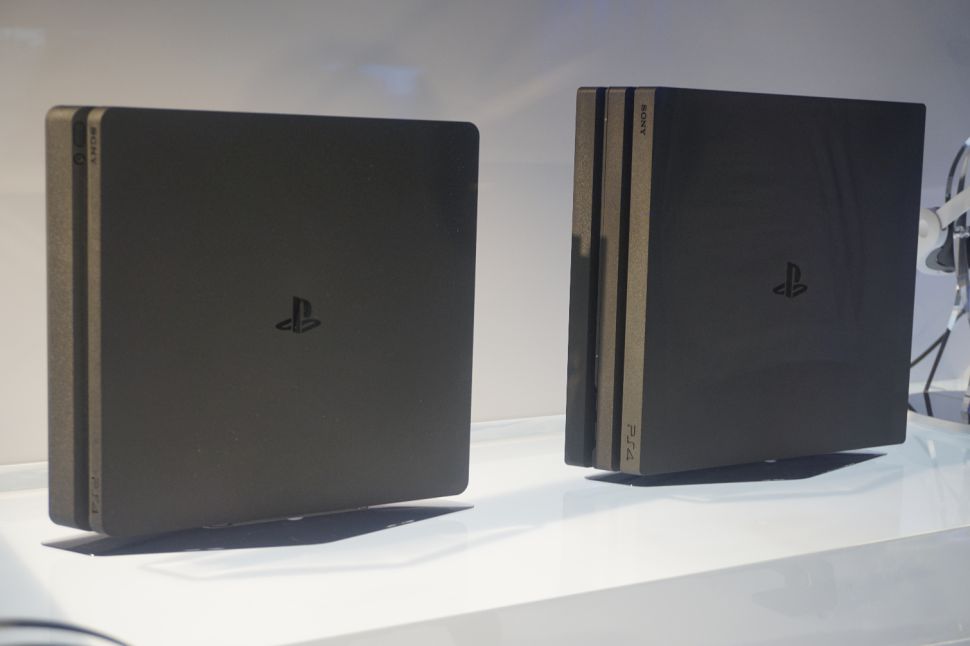
Downloading games through PS Now is also a confusing process. You can download games for enhanced performance — but only certain PS4 titles, and only on a PS4. You can’t download anything to PC, and you still have the option of streaming all PS4 games. It’s a confusing, inconsistent system that doesn’t take full advantage of the available hardware.
There’s also the general sense, justified or not, that Sony simply doesn’t put that much effort into PlayStation Now. It hasn’t received any major upgrades since the ability to download PS4 games last year. We know that the functionality will be available on PS5, but it doesn’t seem as though PS Now will leverage the PS5’s more powerful hardware in any significant way. Likewise, there’s no word about PS5 titles coming to PS Now, either right away or down the road.
Why Xbox Game Pass succeeds
In contrast, Xbox Game Pass is a much more comprehensible service. You pay between $10 and $15 per month, depending on the options you want (PC games, streaming games on Android devices, etc.), then choose from a library of more than 100 titles that you can download to your Xbox One. On an Xbox One or PC, you download games; on an Android device, you stream them. Save files carry over across platforms, and many games are available on all three systems.
Furthermore, Microsoft has made Xbox Game Pass a big part of its marketing strategy. All first-party Xbox titles, from Gears 5 to Wasteland 3, are available as part of Xbox Game Pass from the day they launch. Xbox Series X will continue this trend with big titles like Halo Infinite and Avowed. While backwards compatibility isn’t as big of a focus for Xbox Game Pass, you can still play a variety of original Xbox and Xbox 360 games — and we already know that every single Xbox One game on the service will be playable on both the Xbox Series S and the Xbox Series X.
In short: Microsoft is better not only at communicating what Xbox Game Pass does, but also what it will do in the future.
What’s odd, though, is that Xbox Game Pass isn’t strictly “better” than PlayStation Now in terms of game selection or performance. PS Now has six or seven times as many games on offer as Xbox Game Pass, and for the most part, they stream beautifully. There’s absolutely no reason why PS Now couldn’t be a key part of PlayStation’s strategy, or why it has to exist in this nebulous space between “backwards compatibility substitute” and “full-fledged cloud gaming service.”
Give PlayStation Now a more comprehensive website, a clearer delineation between platforms, a mobile app and a little attention at Sony events, and Sony might find that it’s had a worthwhile competitor for Xbox Game Pass all along.
- The Boys season 2 release schedule: When is the next episode?

Marshall Honorof was a senior editor for Tom's Guide, overseeing the site's coverage of gaming hardware and software. He comes from a science writing background, having studied paleomammalogy, biological anthropology, and the history of science and technology. After hours, you can find him practicing taekwondo or doing deep dives on classic sci-fi.
 Club Benefits
Club Benefits





